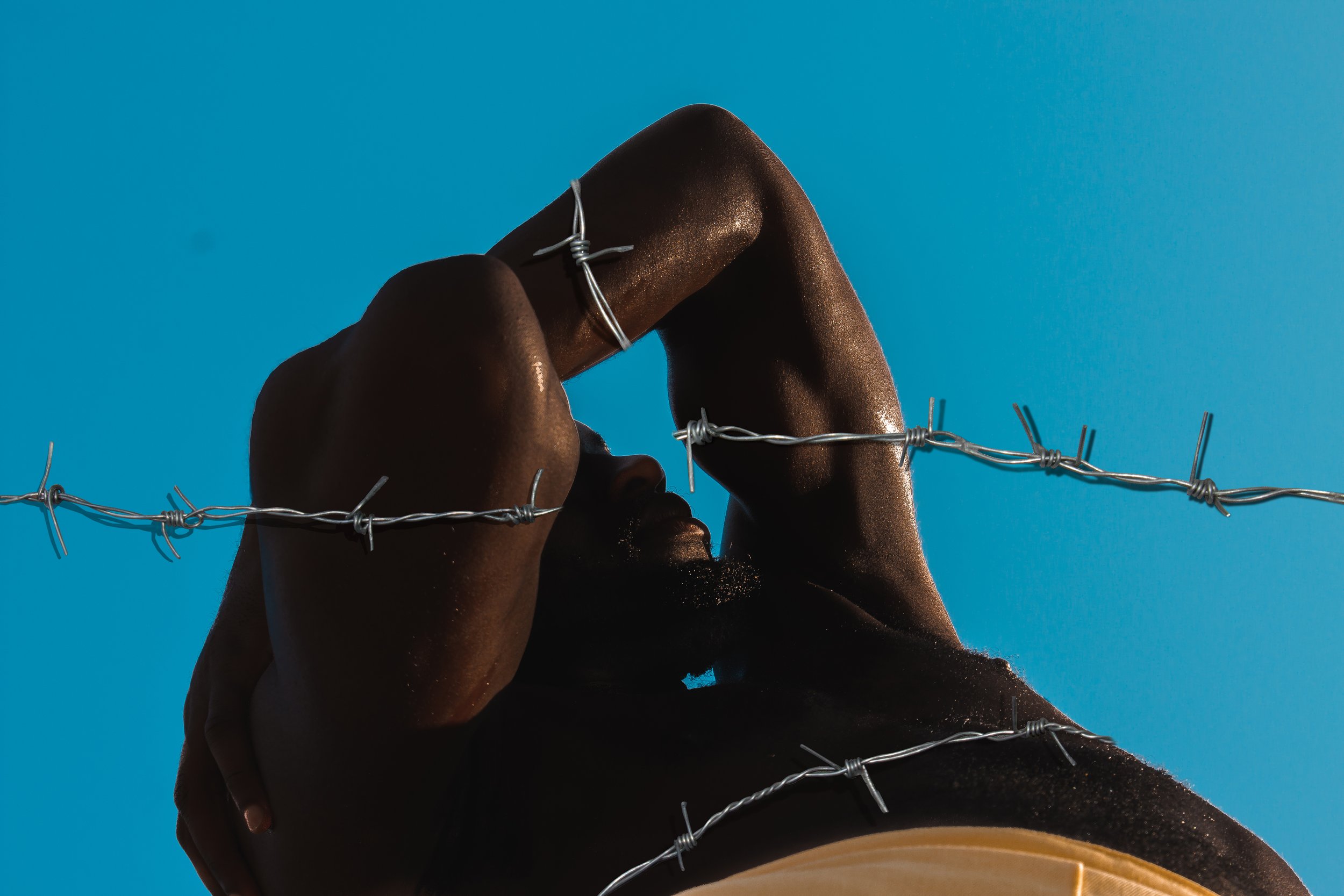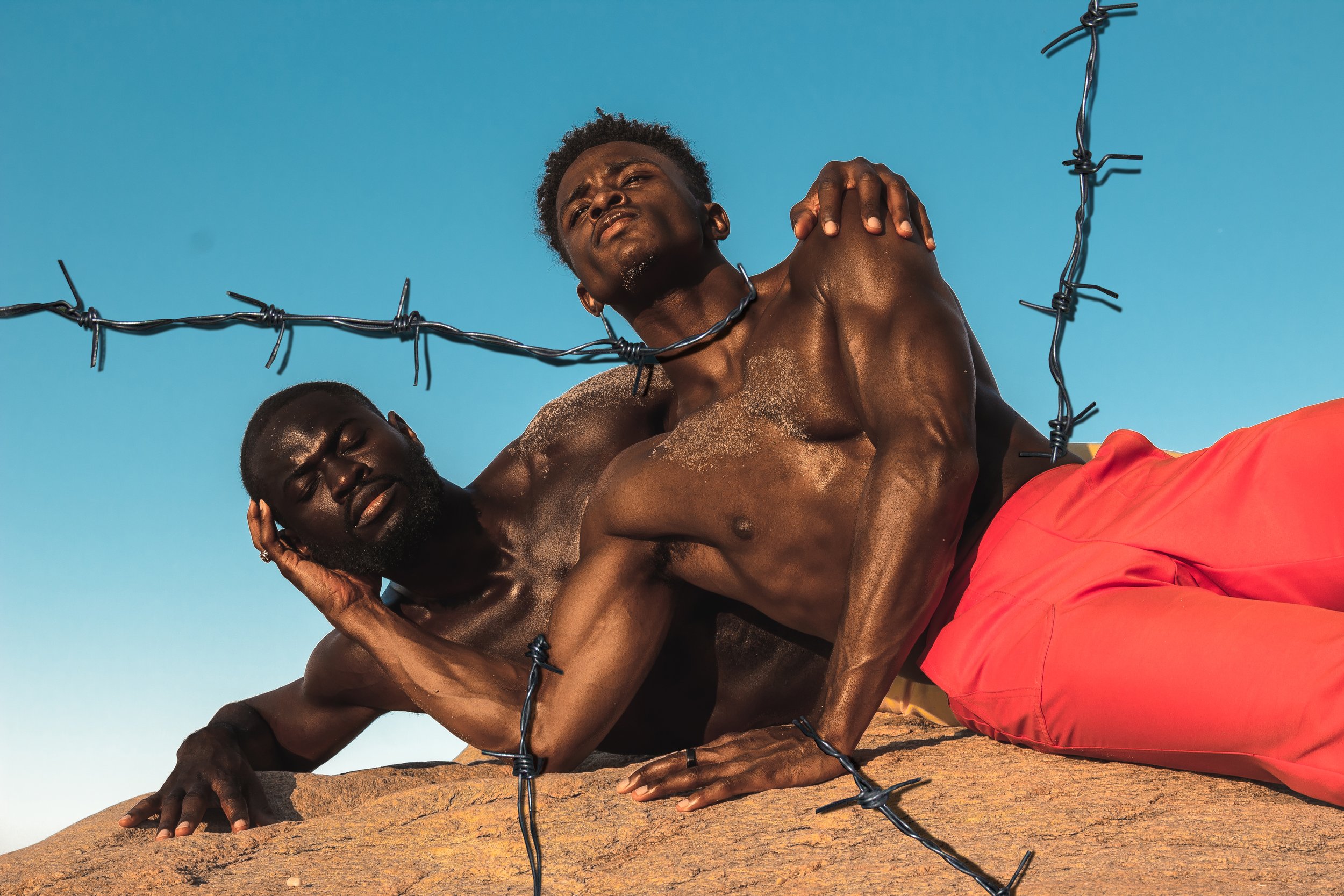Pariah
We all share a common core, which is that we live in an incarcerated society. Our Ancestors have suffered under the same oppressors and after over 500 years of colonization and exploitation, the load of such abuse has crippled us socially.
Pariah seeks to explore the aftermath of mass incarceration and injustice; and most importantly, to chronicle the trauma and scars perpetuating within ex-prisoners. How they suffered the lashes of a system that believes eternal punishment and death can discipline and dominate people, just like slavery.
This series exists to express the pain and difficulty most face when trying to integrate back into a society that rejects ex-prisoners after having been essentially vomited by a system created to welcome them back into a loop self destruction.
Below is an interview between the Photographer and with Ex-prisoner, Henry Perez, 60.
Interviewer (I): What have you been convicted for?
Henry Perez (H): Conspiracy to sell drugs.
I: Do you feel that the amount of time that you were sentenced for was fair?
H: No way! Too much time, they sentenced me to 8 years! A lot of officers over-evaluate. They exaggerate your crime in order for you to get more time. There are a lot of innocent people in prison. A lot of inmates open up in jail and admit of selling drugs but not the amount [the officers] say we did.
I: How did you feel during your first and last day in jail?
H: First day in jail, I couldn’t sleep. It’s a completely different world, I felt very uncomfortable. I heard so many stories and you expect it to be that way. From my experience, some if it is true and some of it is not. My last day was the happiest day of my life. My family was there to support me. Now I don’t have to be in a controlled environment where they decide when I have to shower, sleep, eat or go out.
I: What is true and isn’t true? Were you verbally assaulted by anyone working there? By fellow prisoners?
H: One thing about prison, if you don’t look for trouble, normally it will not get to you. I was at Fort Dix [Federal Correctional Institution] in New Jersey. There are officers that take advantage of their position over the prisoners. There’s a lot of racism. All the officers are white while most of us were Black and Hispanics.
I: How would you get weapons and drugs if you’re within walls?
H: Prisoners either make them out of the tuna cans or guys from the kitchen steal from there. Even officers smuggle drug and weapons. If a drug costs $50 outside, the officer can get $150 or $200 for it in jail.
I: What were your everyday tasks and feelings?
H: I woke up at 06:00 AM, showered. At 08:00 AM I had to go to work. I worked translating [from Spanish to English] for new people who came in for orientation. By working you maintain yourself busy, so that you don't think/feel too much. I worked and played music, went to the library to study law or do legal work until 08:00 PM when you have to go back to either the unit or the yard.
But there were a lot of people who were sad and depressed, missing their family. They said they weren’t guilty of what they were accused of, that their wives would leave them or many other family problems. We [inmates] all go through it at some point.
I: Is there forced labor?
H: You have to work and if someone doesn’t want to work they put them somewhere called the Special Housing Unit or S.H.U. It’s a place where you only get to come out for one hour a day. It’s a 6x6 feet cube, [with] no windows. I’ve experienced it once because the prison was overcrowded. All you hear is guys screaming from one cell to another.
I: After this experience, do you feel free? Do you feel fragile? What are the rights you lost?
H: You lose a lot of rights for a while. You can’t vote. If you try to look for housing they say you can’t have a criminal case of less than 5 years, among other things. Getting back into society is really hard, especially when you try to get a job. They label you a lot. In the beginning, I had to be on house arrest for 6 months. If I wanted to go out, I had to call [the probation officer] in advance to say at what time I'd be leaving the house and at what time I'd be coming back. If by any bad luck you’re not back by the time you’re supposed to, the cops will come to your house in less than 2 minutes and they will arrest you. I felt scared because I had eyes on me constantly, I was very paranoid.
I: How long do you think it took you got used to it?
H: It took me about 3 years and a half. It was extremely hard, I can’t stress that enough. You have to depend on your family and friends, if they’re still there for you...
I: Did you find work? Do you get paid properly?
H: I kept asking. I’m disabled. And finally after 3 years I got a job. 10 dollars here, 20 dollars there. Per day in prison you get paid 15 cents for hard labor and some get paid 15 dollars a month!
I: Did this experience affect you emotionally? Mentally?
H: I couldn’t sleep. It’s torture..
I: Now that you are free, are there everyday tasks that trigger some emotions or flashbacks?
H: Yes. Big fights, people getting cut or stabbed... The bad things that happened [in jail], like when someone got stabbed right next to me. They all come back.
I: How is your relationship with society now that you are labeled? Does it affect you?
H: Anything you do, you feel restrained due to your record. They take our past and our present.
I: Have you kept in touch with your friends and family?
H: My family supported me. They took care of me so I don’t get depressed and that I try to lift myself up again. It all depends on your family and friends. A lot of guys don’t have that [support] and when they come out they prefer to be in prison.













